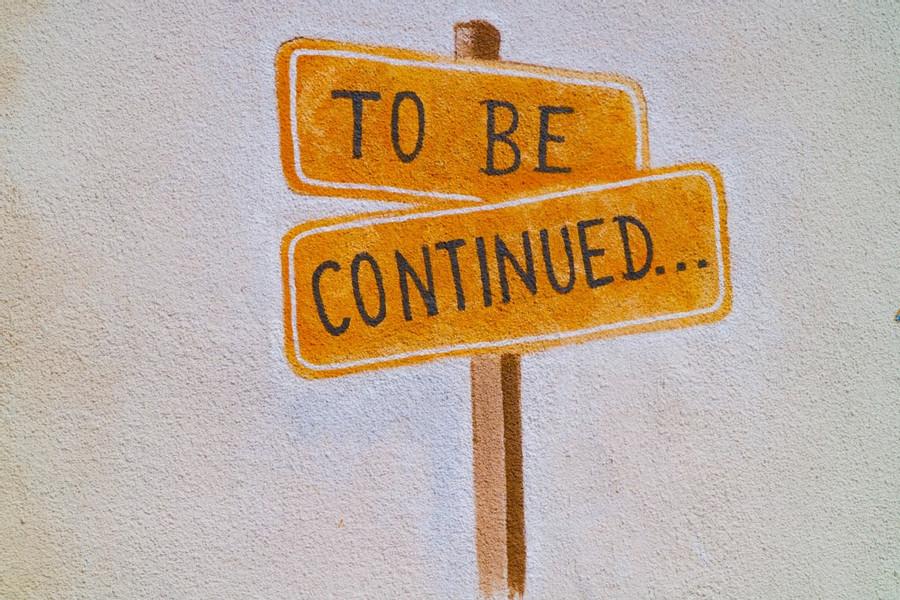How to tell a captivating story — from a wedding toast to a job interview : Life Kit
Curated from: npr.org
12
Explore the World's Best Ideas
Join today and uncover 100+ curated journeys from 50+ topics. Unlock access to our mobile app with extensive features.
The Art Of Storytelling
- Our lives are filled with storytelling, from the stories we tell our friends over dinner, to the ones we tell at eulogies, during toasts, at job interviews and on dates.
- Stories help us relate to each other and build community.
- Leveling up our storytelling game can lead to more meaningful connections.
Here's their step-by-step guide on how to tell a story, from an idea to delivery.
43
206 reads
Understand that A Story Is More than A Scene or An Anecdote
Does the story you want to tell have a beginning, a middle and an end? Does it have tension? Does it show some sort of transformation? These are the basic elements that make an anecdote blossom into a full-bodied story.
When you're telling a story, you aren't just describing what happened when you walked into the coffee shop and saw your ex on a date. You're telling us how that moment felt emotionally, how you were affected, how you reacted and how you're a different person after having endured that moment.
48
167 reads
Select a Meaningful Story
Each of us has hundreds of stories we could tell. How do we know which one to pursue? Think back to moments in your life that really shifted you in some way.
Big decisions are a good place to find stories; so are embarrassing moments and mistakes. Think of a time you did something but it didn't go as planned. Within these kinds of prompts, you can begin to explore moments of vulnerability.
47
148 reads
Develop Your Story
Once you find the story you want to tell, put it under a magnifying glass to blow it up big. Where were you (physically, mentally, emotionally) at that moment? How did it impact your life? What were the results?
Remember that in any great story you're not just sharing events that happened, you're also sharing the thoughts and feelings running through you during those events.
51
137 reads
Figure out The Structure
A good rule of thumb is to start in the action of the story – this will draw people in. From there, ask yourself if you'll tell your story in chronological order, if you'll start at the end and find your way back to the beginning, or if you want, tell it in a series of flashbacks instead of a linear structure.
Don't worry about getting too fancy with the structure – often, telling a story chronologically is the best way to go.
49
138 reads
Understand how You've Changed by The End
- By this point, you know the moment your story is centered on, what the stakes or tensions are and how you want to tell the story. Writing the ending can be the hardest part.
- You just have to end the story in a different place than where you began.
- The key to a good ending is showing the audience your transformation over the course of the story, even if it's a slight transformation.
48
124 reads
Ask Yourself if You're Ready to Share the Story
If you're considering telling a story rooted in vulnerability or trauma, it's important to consider whether you're emotionally ready to share that story.
Here are some signs you might not be ready to tell a story publicly:
- if you get stuck on one scene and aren't able to come out of it because you're reliving it – this can happen with traumatic events and could be a sign of post-traumatic stress disorder.
- if it's tough to find an ending to a story, it may mean that you're still living it. You might need to "press pause" and return to the story when you've had more time to process it.
45
94 reads
Don't Memorize Stories. They Are Meant To Be Alive
It's natural to feel nervous before sharing a story aloud. Become very familiar with your story. Practice enough to be comfortable telling it from memory, but the Moth team recommends that you don't memorize it word for word. If you memorize it verbatim, your delivery can sound stiff and you might go blank.
A good strategy is to really learn the words you want to use for the beginning and end of your story, but keep your notes in between as bullet points. That way you can naturally fill the gaps, but you have your most important elements well-rehearsed.
47
108 reads
Remember that Storytelling Is Not About the Storyteller – It's About Connection
Keep it short and tight. If you're telling a story in a more interactive environment, like over dinner, remember that the purpose of storytelling is to engage with others. It's not about taking the spotlight for the entire time you're with someone. You want to offer a jumping-off point for someone else to share their own story, too.
46
131 reads
IDEAS CURATED BY
CURATOR'S NOTE
The World Loves Stories.
“
Isabel G.'s ideas are part of this journey:
Learn more about communication with this collection
How to communicate effectively with difficult people
How to handle conflict
How to stay calm under pressure
Related collections
Similar ideas
Read & Learn
20x Faster
without
deepstash
with
deepstash
with
deepstash
Personalized microlearning
—
100+ Learning Journeys
—
Access to 200,000+ ideas
—
Access to the mobile app
—
Unlimited idea saving
—
—
Unlimited history
—
—
Unlimited listening to ideas
—
—
Downloading & offline access
—
—
Supercharge your mind with one idea per day
Enter your email and spend 1 minute every day to learn something new.
I agree to receive email updates








